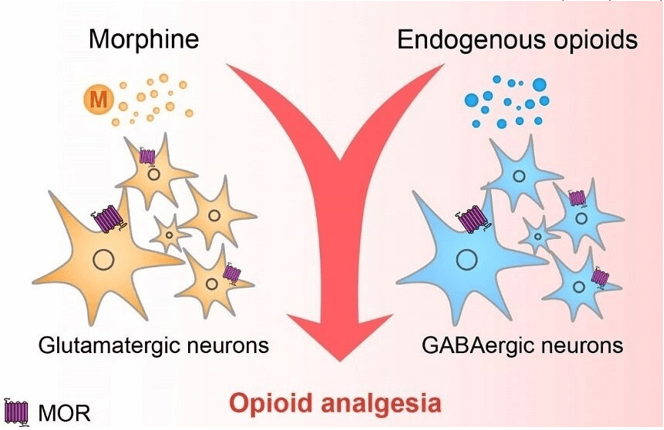When caring for postoperative clients, which situation requires the most immediate intervention by the practical nurse (PN)?
A client with diabetes mellitus (DM) develops cellulitis around a foot wound.
Following suture removal from a client's stab wound, the wound dehisces.
Following abdominal surgery, a client experiences wound evisceration.
A client with a stage 4 sacral pressure ulcer develops purulent drainage.
The Correct Answer is C
The correct answer is Choice C. Following abdominal surgery, a client experiences wound evisceration.
Choice A rationale:
Cellulitis developing around a foot wound in a client with diabetes mellitus (DM) is a concerning situation, but it does not require the most immediate intervention compared to wound evisceration. Cellulitis is a bacterial skin infection that can usually be treated with antibiotics, while wound evisceration is a surgical emergency.
Choice B rationale:
Following suture removal from a stab wound, wound dehiscence is a serious complication, but it is not as immediately life-threatening as wound evisceration. Wound dehiscence is the separation of the wound edges after closure, and while it requires prompt attention, it does not involve the protrusion of organs from the wound.
Choice C rationale:
Wound evisceration, the protrusion of organs through a surgical incision, is a life-threatening complication that requires immediate intervention. The practical nurse should cover the exposed organs with a sterile, moist dressing and seek immediate medical assistance to prevent infection and further complications.
Choice D rationale:
For a client with a stage 4 sacral pressure ulcer developing purulent drainage is a concern, but it is not as immediately critical as wound evisceration. Proper wound care and infection management are essential, but the urgency level is lower compared to wound evisceration.
Nursing Test Bank
Naxlex Comprehensive Predictor Exams
Related Questions
Correct Answer is A
Explanation
The correct answer is choice A: Never scratch under the cast.
Choice A rationale:
It is important not to scratch under the cast because inserting objects can lead to skin injury and infection. If itching occurs, blowing cool air from a hair dryer into the cast is recommended.
Choice B rationale:
While mild swelling and some discomfort are common after a cast is applied, patients should not expect an increase in pain. Persistent or severe pain could indicate complications such as increased swelling, decreased blood flow, or pressure on nerves and should be evaluated by a healthcare provider.
Choice C rationale:
Applying a cold pack to “hot spots” on the cast is not recommended as it can lead to moisture accumulation and skin problems. Instead, to manage swelling and discomfort, ice can be applied over the cast, covered with a thin towel, for 20 minutes every two hours while awake during the first 48 hours.
Choice D rationale:
Keeping the injured leg in a dependent position is not advised because it can increase swelling and pain. The affected limb should be elevated above the level of the heart to reduce swelling and promote healing.
Correct Answer is B
Explanation
This is the best action for the PN to use in assisting this client to deal with his pain because it provides a non- pharmacological method of pain relief that can enhance the effect of the opioid analgesic. Slow, rhythmic breathing can help the client relax, distract from the pain, and increase oxygenation and blood flow.

Whether you are a student looking to ace your exams or a practicing nurse seeking to enhance your expertise , our nursing education contents will empower you with the confidence and competence to make a difference in the lives of patients and become a respected leader in the healthcare field.
Visit Naxlex, invest in your future and unlock endless possibilities with our unparalleled nursing education contents today
Report Wrong Answer on the Current Question
Do you disagree with the answer? If yes, what is your expected answer? Explain.
Kindly be descriptive with the issue you are facing.
